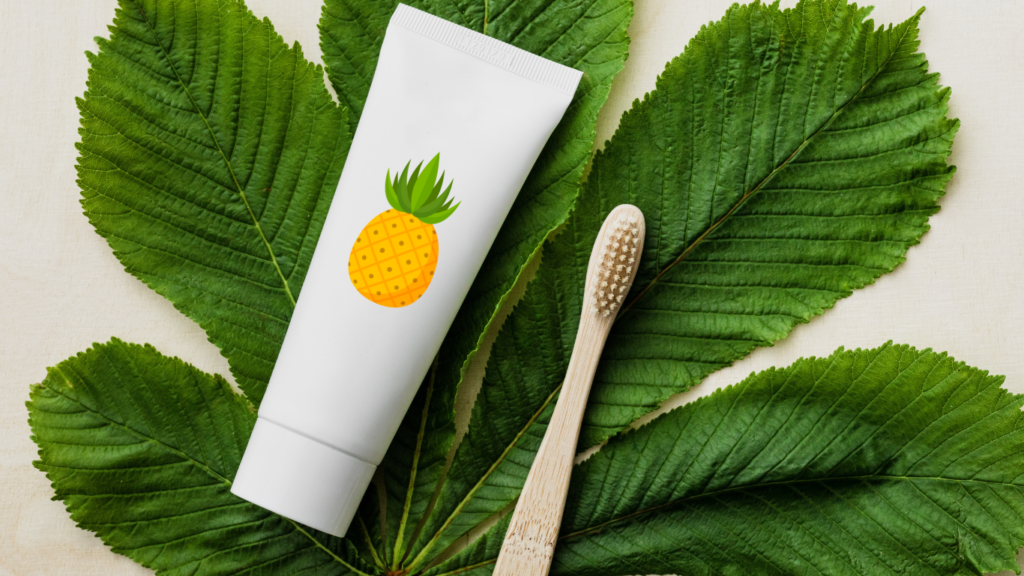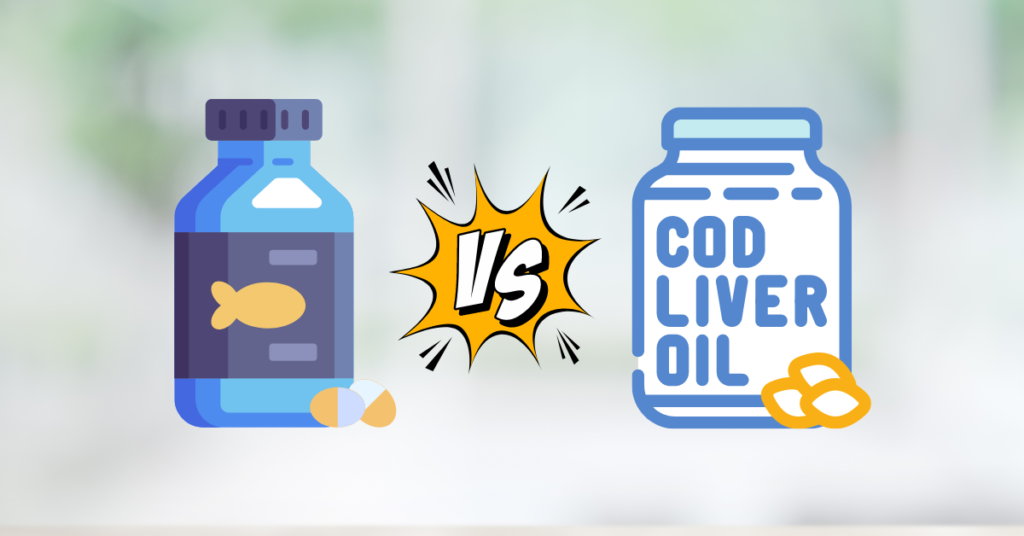As parents, we are always looking for ways to support our children’s health and development. One question that often arises is whether kids should take Omega-3 supplements. Omega-3 fatty acids are essential nutrients that have numerous benefits, especially for brain development and cognitive function. But is supplementation necessary for children? Let’s explore the benefits, considerations, and practical ways to ensure your child gets enough Omega-3s.
What Are Omega-3 Fatty Acids?
Omega-3 fatty acids are a type of polyunsaturated fat found in various food sources, particularly in fatty fish like salmon, sardines, and tenggiri (mackerel). The most important types of Omega-3 for brain health are DHA (docosahexaenoic acid) and EPA (eicosapentaenoic acid). DHA is a major structural component of the brain and retina, making it vital for cognitive and visual development.
Benefits of Omega-3 for Children
- Enhancing Cognitive Function: Studies have shown that DHA is crucial for the growth and functional development of the brain in infants and children. Adequate intake of DHA during childhood is linked to improved cognitive performance, including better memory, learning abilities, and problem-solving skills.
- Improving Academic Performance: Research indicates that children who consume higher amounts of Omega-3s tend to perform better academically. Omega-3s contribute to improved concentration, reduced symptoms of ADHD, and enhanced overall cognitive functioning. This means children may find it easier to focus on their studies, retain information, and perform well in school.
- Supporting Mental Health: Omega-3 fatty acids also play a role in supporting emotional and mental well-being. Regular consumption of Omega-3s can help reduce anxiety and depression symptoms in children, contributing to a more stable and positive mood. This mental stability can further enhance a child’s ability to learn and engage in academic activities.
Should Your Child Take Omega-3 Supplements?
While the benefits of Omega-3s are clear, the question remains: should your child take supplements? Here are some factors to consider:
- Dietary Intake: If your child regularly consumes Omega-3-rich foods like fatty fish, chia seeds, flaxseeds, and walnuts, they may already be getting enough Omega-3s. However, if your child’s diet lacks these foods, supplements can be a convenient way to ensure they get the necessary nutrients.
- Picky Eaters: For children who are picky eaters and refuse to eat Omega-3-rich foods, supplements can be an effective alternative. Omega-3 fish oil supplements are available in liquid, chewable, and capsule forms, making them easier for children to consume.
- Health Conditions: Certain health conditions, such as ADHD or learning disabilities, may benefit from higher Omega-3 intake. In such cases, a healthcare provider might recommend supplements to support treatment and improve symptoms.
Practical Ways to Incorporate Omega-3s
- Include Fatty Fish in Meals: Serve fish like salmon or tenggiri (mackerel) at least twice a week.
- Use Omega-3 Supplements: Omega-3 fish oil supplements are a convenient option.
- Add to Smoothies: Blend Omega-3 fish oil into smoothies for a tasty and nutritious treat.
- Fortified Foods: Look for foods fortified with Omega-3s, such as certain brands of eggs, milk, and yogurt.
Take the next step in supporting your child’s health and development by consulting us to determine the best approach for incorporating Omega-3s into their diet. Whether it’s through dietary adjustments or supplementation, prioritize your child’s health today for a brighter tomorrow.
References
- Hibbeln, J. R., Davis, J. M., Steer, C., Emmett, P., Rogers, I., Williams, C., & Golding, J. (2007). Maternal seafood consumption in pregnancy and neurodevelopmental outcomes in childhood (ALSPAC study): an observational cohort study. The Lancet, 369(9561), 578-585.
- Stonehouse, W., Conlon, C. A., Podd, J., Hill, S. R., Minihane, A. M., Haskell, C., & Kennedy, D. (2013). DHA supplementation improved both memory and reaction time in healthy young adults: a randomized controlled trial. The American Journal of Clinical Nutrition, 97(5), 1134-1143.
- Richardson, A. J., & Montgomery, P. (2005). The Oxford-Durham study: a randomized, controlled trial of dietary supplementation with fatty acids in children with developmental coordination disorder. Pediatrics, 115(5), 1360-1366.
- Benton, D., & Donohoe, R. (2011). The influence of omega-3 fatty acids on mood and cognitive performance. Frontiers in Physiology, 2, 1-9.
- McNamara, R. K., & Carlson, S. E. (2006). Role of omega-3 fatty acids in brain development and function: potential implications for the pathogenesis and prevention of psychopathology. Prostaglandins, Leukotrienes and Essential Fatty Acids, 75(4-5), 329-349.




